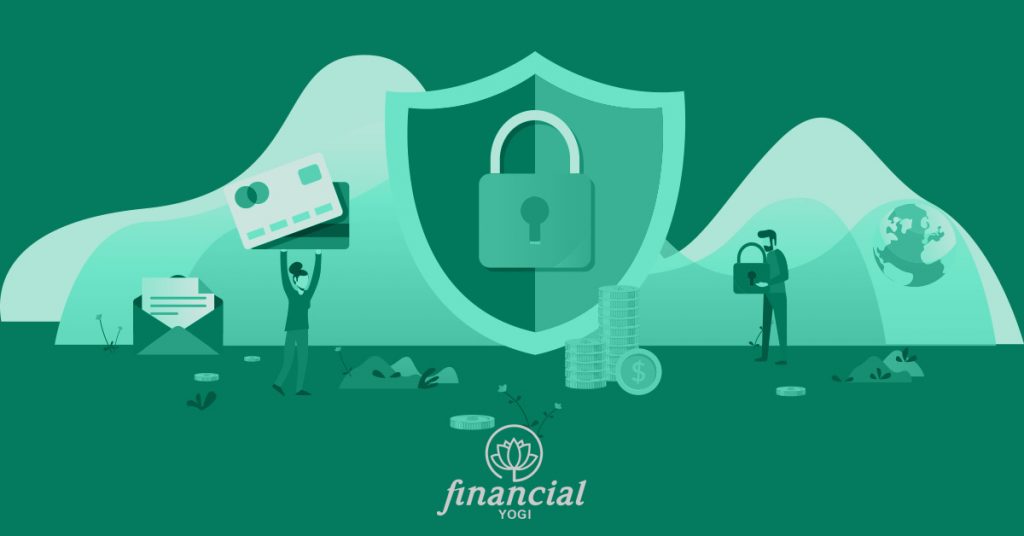Best Practices for Data Security

One of my all-time favorite movies is Mel Brooks’ classic 1980’s Star Wars inspired spoof: “Spaceballs.” Other than being hilarious, it can teach us some life lessons. For example, never underestimate the power of the Schwartz, buckle your seat belt before going to ludicrous speed, and absolutely do not hit the self-destruct button unless you really, REALLY mean it. And of course, when it comes to security, do not use the password combination 1, 2, 3, 4, 5.
All joking aside, data security is a one-way street in this day and age – you either have it or you don’t. Also, with increasingly sophisticated bad actors, it is essential that you take steps to stop them in their tracks. Below are some data security best practices that can provide front-line protection:
- Establish Two-factor Authentication: two-factor authentication on sensitive login’s such as credit cards, bank accounts and investment accounts would prompt you to enter a code (received via text, phone call or emai) in order to access the account.
- Update passwords regularly: update at least every 3 – 6 months. Consider using unique passwords for each login and always use strong passwords (if you are using the password 1, 2, 3, 4, 5 make sure you change it!).
- Store passwords securely: do not store passwords on a piece of paper, on a PC desktop or on a phone drive. If you cannot remember them, consider using a secure online password manager.
- Always send sensitive information securely: send sensitive information using an encryption service. if an encryption service is not available, consider mail, overnight delivery, or simply in-person delivery.
- Obtain an IRS protection PIN (IP PIN): tax return fraud is becoming more prevalent, and an IP PIN will be used to verify your identity when filing your federal tax return. An IP PIN is valid for the current tax year and each year you should be provided with a new PIN.
- An IP PIN may not currently be available to you depending on your state of residence, although the IRS is adding more states in phases.
- An IP PIN can be obtained at: https://www.irs.gov/identity-theft-fraud-scams/get-an-identity-protection-pin
- Do not respond to an unsolicited request for sensitive personal information: you will not receive an unsolicited call from an organization such as the social security administration or the IRS. If you do receive an unsolicited call, do not provide any information.
- Keep contact information up to date: do not delay in updating your contact information if your address, email address or phone number changes. If your contact information is not current, it may be difficult for your financial institution to alert you of suspected fraud.
- Be vigilant for phishing attacks: do not click on suspicious links or open suspicious emails or messages. If you are unsure, always proceed with caution.
The opinions voiced in this material are for general information only and are not intended to provide specific advice or recommendations for any individual. We suggest that you discuss your specific situation with your financial advisor prior to investing. All performance referenced is historical and is no guarantee of future results.
Investing in stock includes numerous specific risks including: the fluctuation of dividend, loss of principal and potential illiquidity of the investment in a falling market.
Dollar cost averaging involves continuous investment in securities regardless of fluctuation in price levels of such securities. An investor should consider their ability to continue purchasing through fluctuating price levels. Such a plan does not assure a profit and does not protect against loss in declining markets.
All investing involves risk including loss of principal. No strategy assures success or protects against loss.








